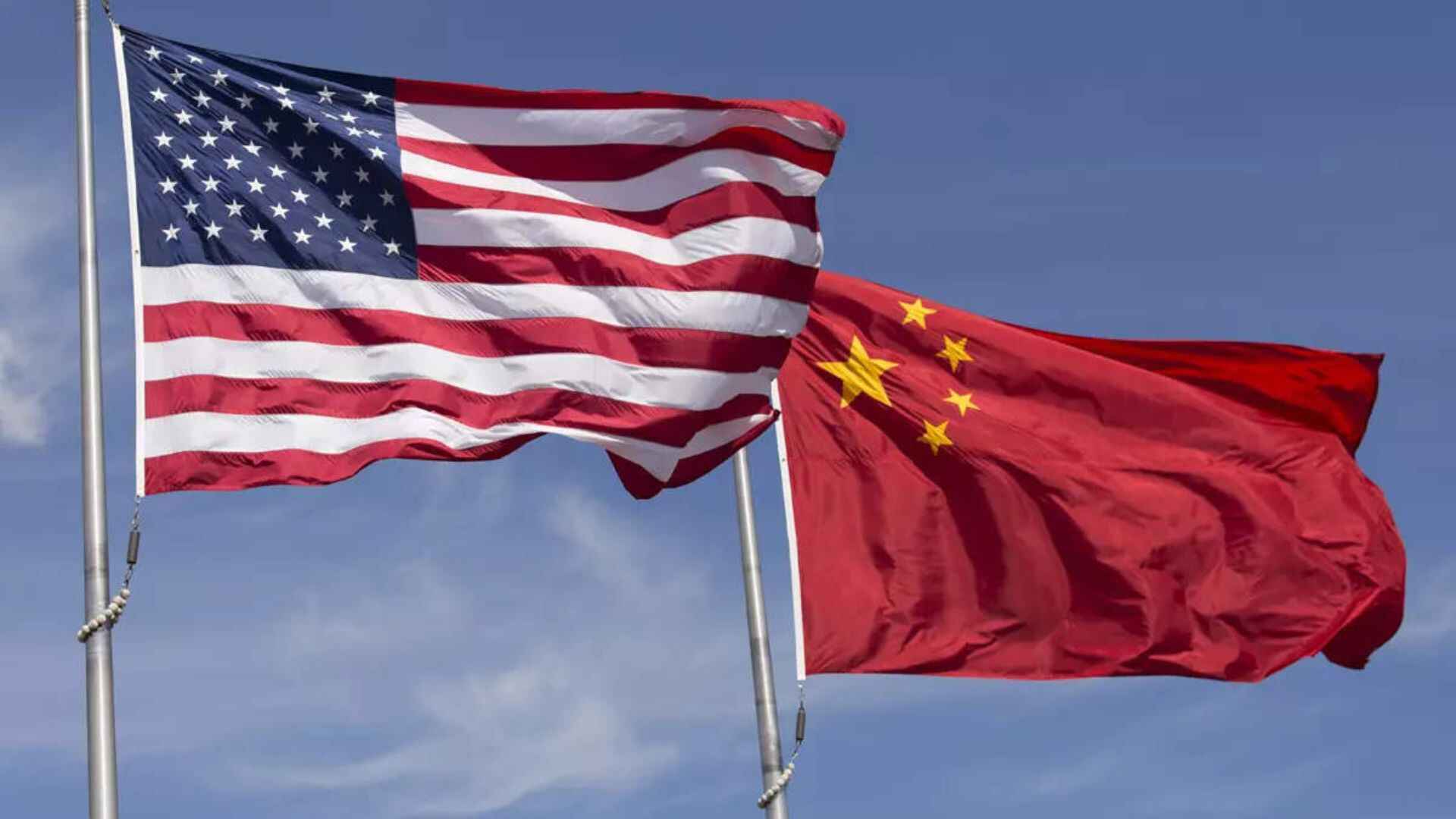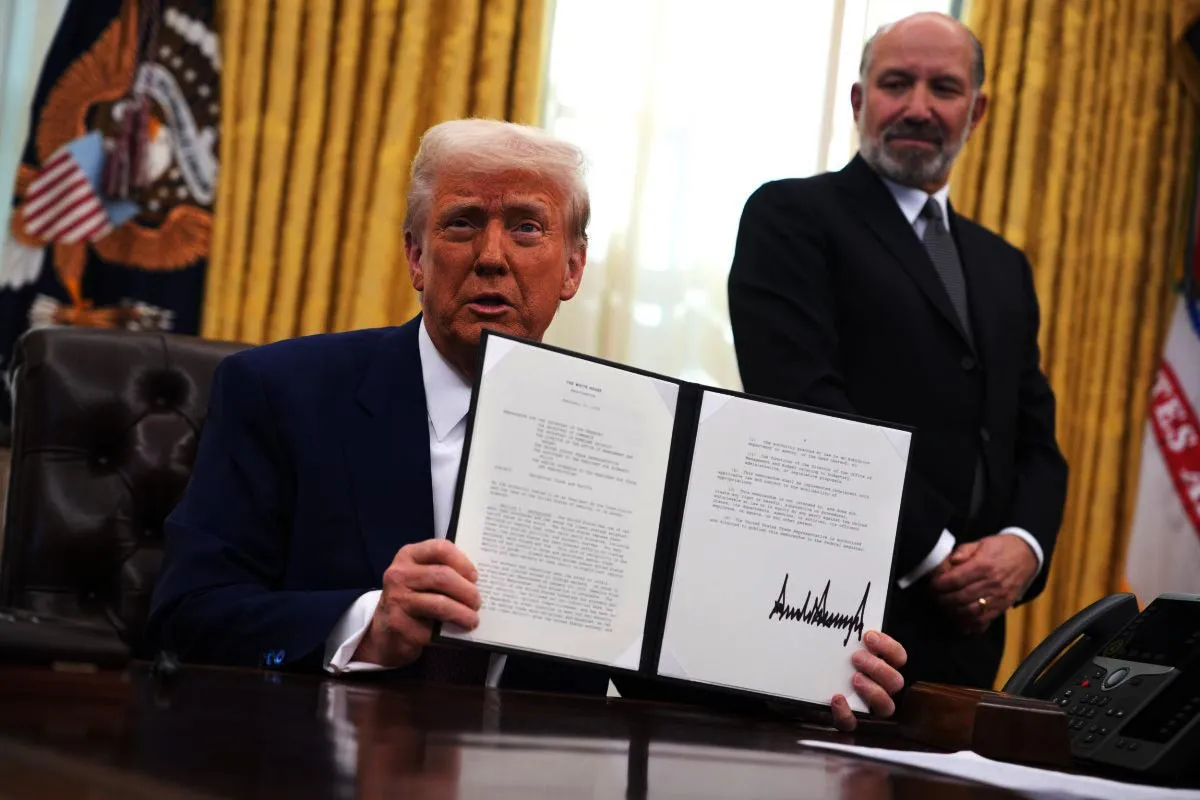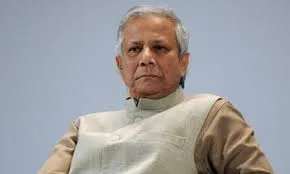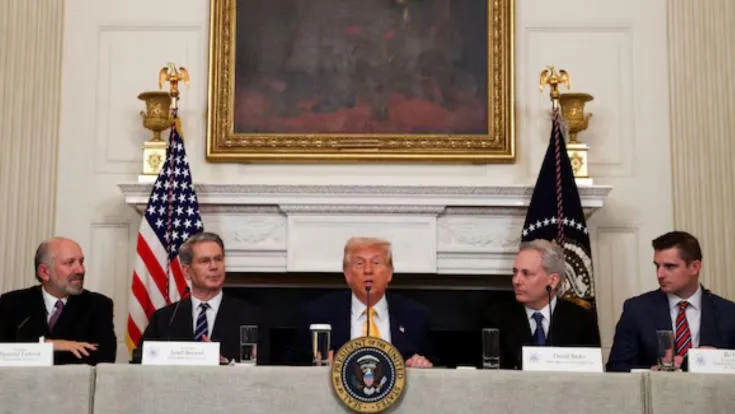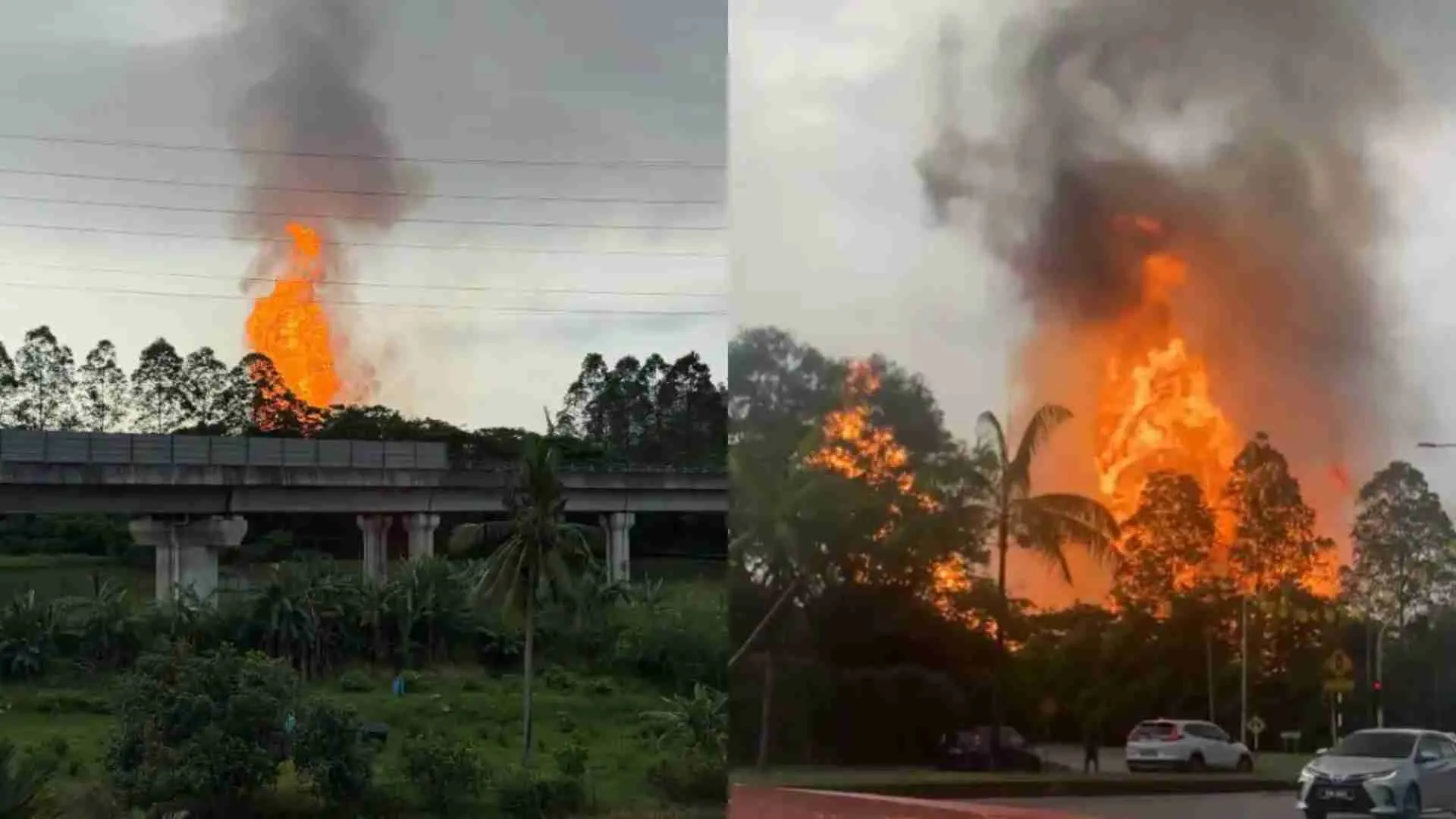The United States and China have emerged as influential players in Myanmar’s turbulent political landscape, driven by distinct yet strategically important interests. The 2021 military coup and subsequent crisis have polarized international involvement, with the U.S. aligning with democratic forces while China prioritizes regional stability and economic interests. This divergence reflects a broader geopolitical rivalry with significant implications for Myanmar’s future.
The United States has focused on bolstering Myanmar’s democratic resistance, led by the National Unity Government (NUG) and ethnic armed groups who oppose the military regime. The U.S. strategy integrates diplomatic pressure, economic sanctions, and humanitarian assistance, intending to weaken the junta’s control and support democratic aspirations. A key element of this approach is the BURMA Act, which outlines comprehensive support for civil society, democracy-building initiatives, and mechanisms to document human rights abuses. However, the challenge of securing full congressional appropriations has limited some aspects of the Act’s implementation.
In parallel, the United States has provided over $317 million in humanitarian aid to address the needs of Myanmar’s displaced populations, particularly in border regions where conflict has disrupted civilian life. This aid underscores a commitment to alleviate immediate suffering while building goodwill among affected communities. The ongoing struggle between the U.S. and China for influence in Myanmar has broader implications for regional stability in Southeast Asia. Neighboring countries, such as Thailand and India, closely monitor the situation, aware that prolonged conflict in Myanmar could lead to increased refugee flows and destabilize their borders. Countries like Thailand have already reported a rise in refugees fleeing the violence, stressing the urgency of a resolution to the crisis.
The U.S. has also sought to enhance its impact through regional alliances. Working alongside ASEAN, Japan, South Korea, and Australia, the U.S. has attempted to foster multilateral cooperation on Myanmar, although regional divisions and the complexities of Asian geopolitics present ongoing challenges to a unified response. Moreover, the competing narratives promoted by the U.S. and China present challenges for Myanmar’s resistance movements. While U.S. support emphasizes human rights and democratic values, it risks alienating those who may see China as a more pragmatic partner amidst the turmoil. This complexity complicates alliances and creates divisions among ethnic groups and pro-democracy activists, hindering a unified front against the junta.
China’s approach contrasts sharply with the U.S., as Beijing is primarily driven by concerns over stability, border security, and the safeguarding of its economic investments. Myanmar holds strategic importance for China’s Belt and Road Initiative, particularly through the China-Myanmar Economic Corridor (CMEC), which offers alternative trade routes and reduces reliance on the Strait of Malacca. To secure its interests, China has adopted a pragmatic stance, supporting the junta selectively while simultaneously engaging with ethnic armed groups in border areas, such as the Three Brotherhood Alliance. This dual-track approach allows China to preserve influence across Myanmar’s political spectrum, irrespective of future power shifts.
Recent developments in Myanmar’s Kokang region which is located in the northern part of Shan state illustrate China’s strategic focus on maintaining stability amid rising criminal activities that threaten Chinese nationals and investments. In response to increased cybercrime and scams originating from Kokang, Beijing has intensified diplomatic engagement with Myanmar’s military junta, pressing for stronger control over the region to mitigate potential threats. This has included military exercises along the border and naval visits to Yangon, signaling China’s commitment to safeguarding its interests. Additionally, China has collaborated with Myanmar in joint operations targeting organized crime networks, highlighting its vested interest in ensuring border security while navigating complex relationships with various factions within Myanmar. China’s approach reflects its dual emphasis on fostering stability and addressing security challenges in a region marked by conflict and crime.
This rivalry between the U.S. and China extends beyond Myanmar, reflecting broader competing visions for Southeast Asia. The U.S. approach aligns with its Indo-Pacific strategy, emphasizing democratic governance, human rights, and regional stability as counterbalances to authoritarian influence. Conversely, China’s approach is rooted in economic pragmatism and security concerns, with a focus on maintaining its foothold in Southeast Asia through selective engagements that prioritize its economic and political influence.
Looking ahead, Myanmar’s fate will largely depend on the evolving geopolitical landscape, particularly as the U.S. and China recalibrate their strategies in response to regional developments. The potential for renewed dialogue or negotiations among various factions, facilitated by third-party nations, could create pathways for resolution. However, any successful peace process will require addressing the underlying grievances that fueled the conflict, including issues of ethnic autonomy, resource sharing, and governance.
The presence of these two powerful influences creates a unique opportunity and challenge for Myanmar. For the junta, China’s conditional support provides economic and military advantages without the ideological alignment required by the U.S. For resistance groups and civil society, U.S. support offers international legitimacy and resources, but achieving tangible results remains challenging due to limited regional cohesion. The tension between these superpowers leaves Myanmar caught in a web of foreign interests, with each side seeking to shape the country’s future in ways that serve their strategic objectives.
The implications for Myanmar are profound, as this external involvement not only prolongs the conflict but also dictates potential pathways toward peace or continued turmoil. Ultimately, Myanmar finds itself at the intersection of foreign interests that shape its potential paths toward peace or prolonged conflict, with each superpower’s involvement contributing to the complex and polarized landscape that defines Myanmar today. As both superpowers vie for influence, Myanmar stands at a crossroads, where the choices made today will shape not only its internal dynamics but also the broader geopolitical balance in Asia. The international community’s role in supporting peace initiatives will be crucial, as multilateral cooperation may provide a counterbalance to the competing interests of the U.S. and China. Ultimately, the future of Myanmar hinges on the ability of its leaders and citizens to navigate this complex landscape, seeking a path toward peace and stability that prioritizes the aspirations of its people.
Dr. Aniruddha Babar is a distinguished researcher, policy analyst and senior academician based in Nagaland. He is the Founder and Director of “Project Constitutional Justice” in Tuensang, Nagaland, an initiative dedicated to advancing constitutional awareness, governance, and social justice. His work focuses on empowering marginalized communities through education, advocacy and academia playing a pivotal role in shaping the legal and academic discourse in the region. Currently, Dr. Aniruddha serves as a senior faculty member at Tetso College, Chumoukedima, Nagaland.

